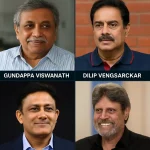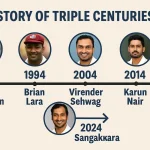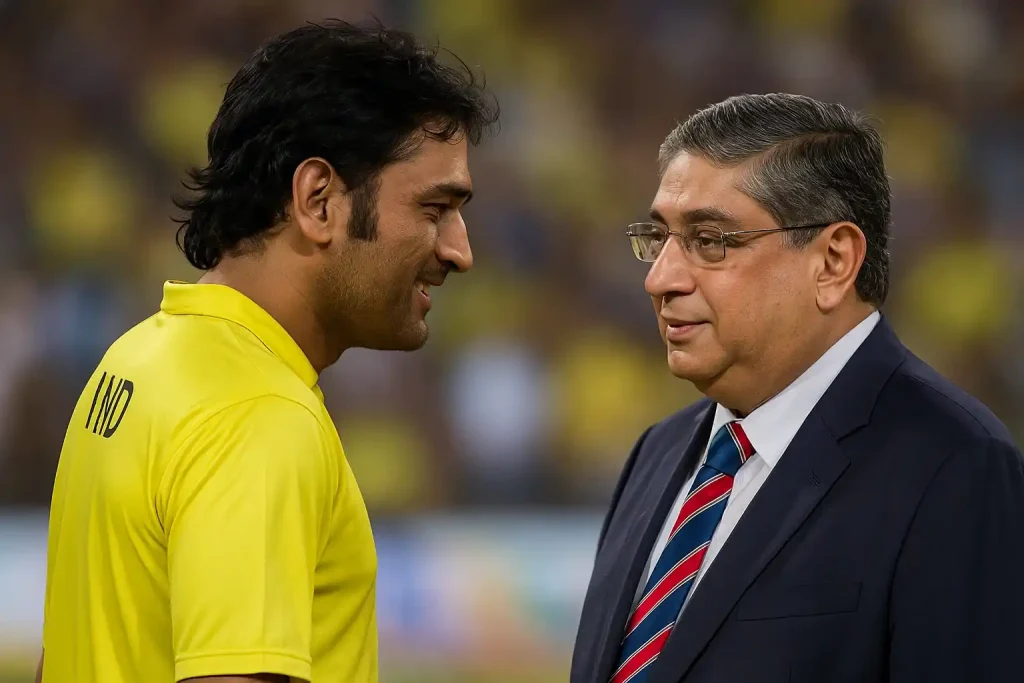
In the high-stakes theater of the Indian Premier League, most teams are owned by celebrities, business tycoons, or sports conglomerates trying to balance emotion with enterprise. But when you talk about Chennai Super Kings, you’re talking about more than cricket. You’re talking about one of the most trusted brands in Indian sport — with a structure that’s less flashy and more formidable. At the heart of it lies a low-profile but high-impact figure: the CSK owner.
For years, fans have chanted “Whistle Podu!” without always knowing who signs the checks, who steers the ship, and who built the foundation that helped CSK win five IPL titles. This article unpacks that. We go beyond the scoreboard to understand the financial, corporate, and emotional architecture of CSK — and the person behind it.
Who Is the CSK Owner? Meet N. Srinivasan
The man at the core of CSK is N. Srinivasan, the former BCCI President and ex-chairman of the International Cricket Council (ICC). But for CSK, he wears a more direct hat: that of principal stakeholder through India Cements Ltd.
India Cements originally owned the franchise directly, until ownership was moved to a wholly owned subsidiary — Chennai Super Kings Cricket Ltd., a publicly listed company as of 2022. That makes CSK one of the few IPL franchises open to public shareholders.
Srinivasan, known for his power corridors in Indian cricket, rarely gives interviews. But his commitment to CSK is visible in everything from player retention strategies to how the brand is managed. Under his vision, CSK didn’t just build teams. They built culture.
Table 1: Corporate Timeline of CSK Ownership
| Year | Key Event | Description |
| 2008 | CSK franchise auction won | India Cements secures the team for $91 million |
| 2015 | CSK suspended for 2 years | Conflict of interest leads to temporary ownership controversy |
| 2018 | CSK returns & wins IPL | Symbolic comeback under same leadership |
| 2022 | CSK becomes publicly listed | Shares traded under Chennai Super Kings Cricket Ltd. |
| 2024 | Valuation crosses $1.5 billion | CSK enters elite club of most valuable sports franchises in Asia |
Ownership Philosophy: Stability Over Sparkle
While some franchises continually change their rosters or shift their branding strategies, CSK, under the ownership of Srinivasan, has favored consistency. Sticking with MS Dhoni even during periods of poor form, coaching staff retention across seasons, follows the rule of: back people, not just performance.
That has translated to strong, yet restrained loyalty from fans. Their trophies and an infrequently shifting core fanbase attest to this. There’s emotional equity in every retained player, and that sentiment traces directly to how the CSK owner operates.
Financial Structure and Valuation: The Business of Loyalty
As of 2024, CSK is valued at over $1.5 billion, with a revenue engine driven by match-day sales, sponsorships, media rights, and merchandising. India Cements retains a significant stake, and public investors have also seen strong returns post-listing.
The team’s profitability is among the highest in IPL. This is thanks to low churn in operations, consistent playoff appearances, and a fan base that doesn’t drop engagement even during off-seasons. CSK’s merchandise sales — especially in South India — outperform most rivals.
Table 2: Key Financial Stats (2023–2024)
| Category | Value | Notes |
| Team Valuation | $1.55 billion | Up from $1.15 billion in 2022 |
| 2024 Revenue | ₹550 crore | Includes sponsorships, ticketing, TV rights |
| Net Profit (est.) | ₹210 crore | Among highest margins in the league |
| Sponsorship Growth | 18% YoY | Owing to new digital tie-ups and Tier-2 partner expansion |
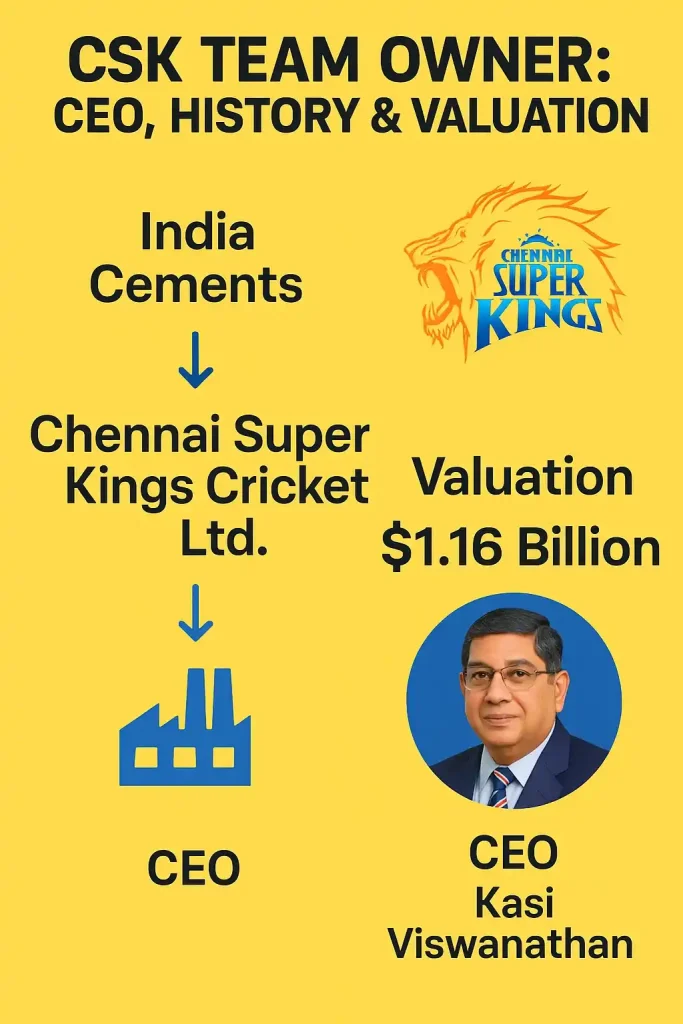
The CEO and Leadership Circle
Srinivasan may own the franchise, but Kasi Viswanathan, the CEO of CSK, manages it for all practical purposes. Familiar for his knowledge in the game and for his management acumen, Viswanathan has been with the team since its inception.
Kasi Viswanathan manages everything ranging from player agreements to franchise-level contracts. The fact that CSK’s internal leadership has barely changed since 2008 speaks volumes about the culture: quiet, efficient, and loyal.
Controversies and Comebacks
The ownership of CSK has not been devoid of controversies. The 2015 suspension of CSK because of a conflict of interest relating to Srinivasan’s son-in-law is most illustrative. Even so, it became a study in resilience. CSK’s return in 2018 and their subsequent title victory were not just a return to cricket but a complete cycle of redemption.
What emerged strengthened was not only the team CSK but the belief in its leadership. In this specific instance, the idea reinforced for fans was that during a crisis and the time for a comeback, leadership is the determining factor.
Why the CSK Owner Model Works
It’s not glamorous. It’s not loud. But it’s built to last. CSK’s ownership isn’t about celebrity endorsements or glitzy marketing campaigns. It’s about cricket first, business second. The results? Five IPL titles, generational fandom, and one of the strongest ROIs in Indian sports.
The CSK owner, N. Srinivasan, rarely takes credit. But it’s his blueprint that’s turned a franchise into folklore.
Final Word: Ownership That Understands the Game
In a world where cricket franchises are fast becoming entertainment assets, CSK remains a cricketing institution. The man who owns it isn’t chasing trends. He’s building legacy.
That’s what makes the story of the CSK owner unique. Because in Chennai, ownership isn’t just about power — it’s about trust. And that trust? It was earned, not inherited.
Whether you see them lift another trophy or not, CSK will always be a benchmark in how to build — and sustain — sporting excellence.
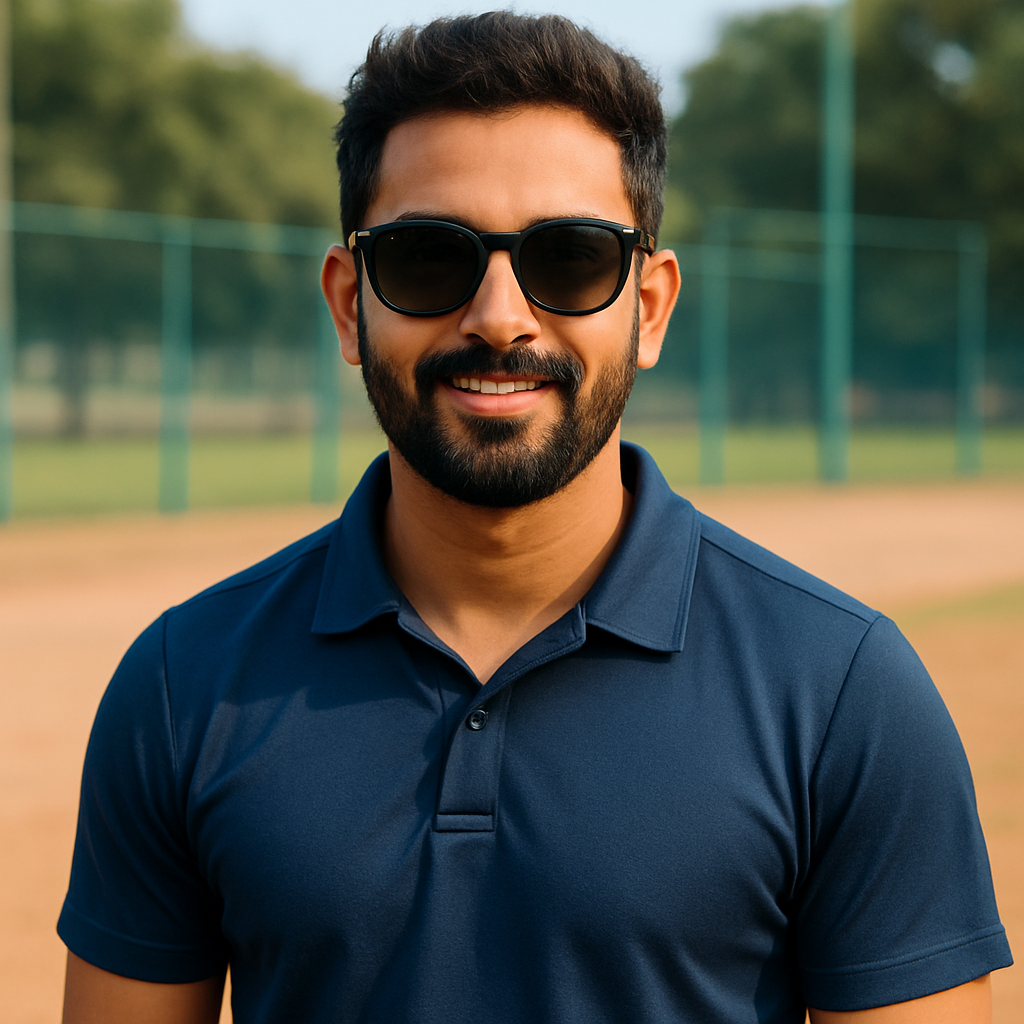
Meet Arjun Kushaan, a passionate cricket analyst at The Cricket24x7. From street matches in his childhood to competitive college tournaments, cricket has always been a central part of Arjun’s life. With a strong background in data analysis and a natural affinity for numbers, he brings a fresh, analytical lens to the game. At The Cricket24x7, Arjun blends his deep love for cricket with his data-driven approach to deliver detailed insights and well-rounded coverage for fans of the sport.





